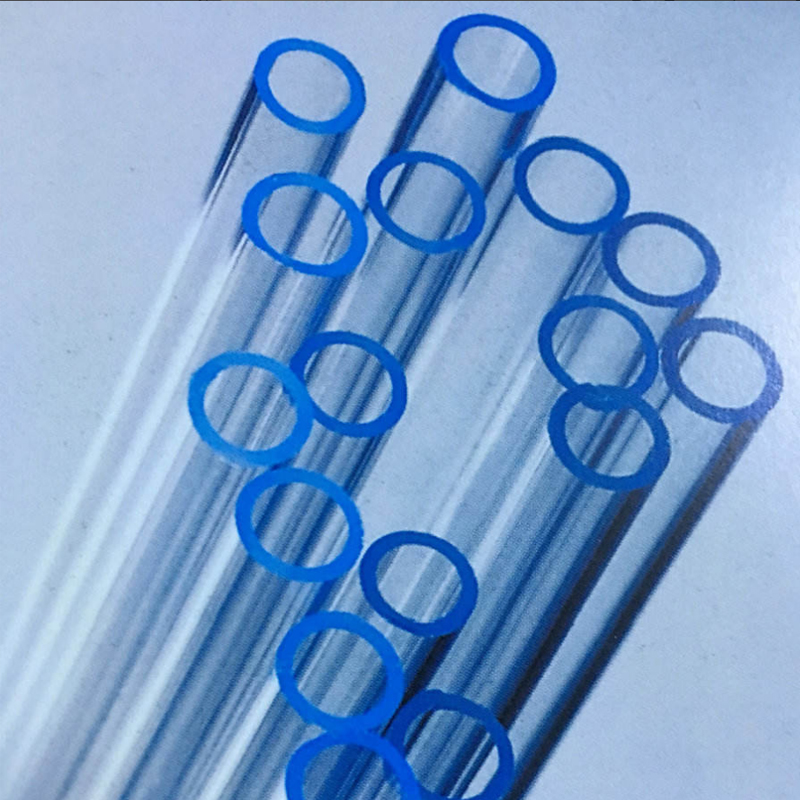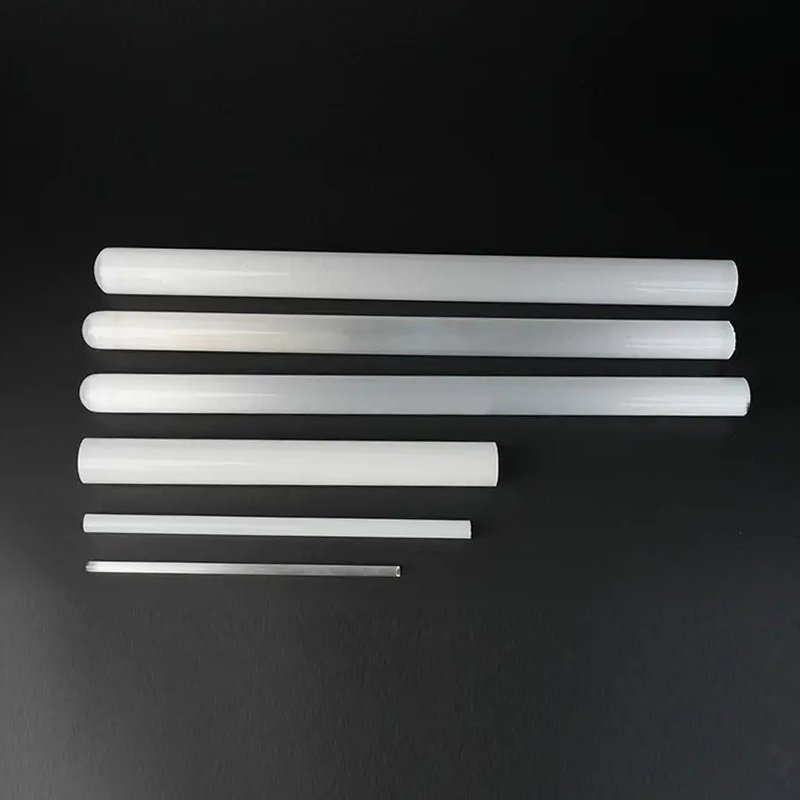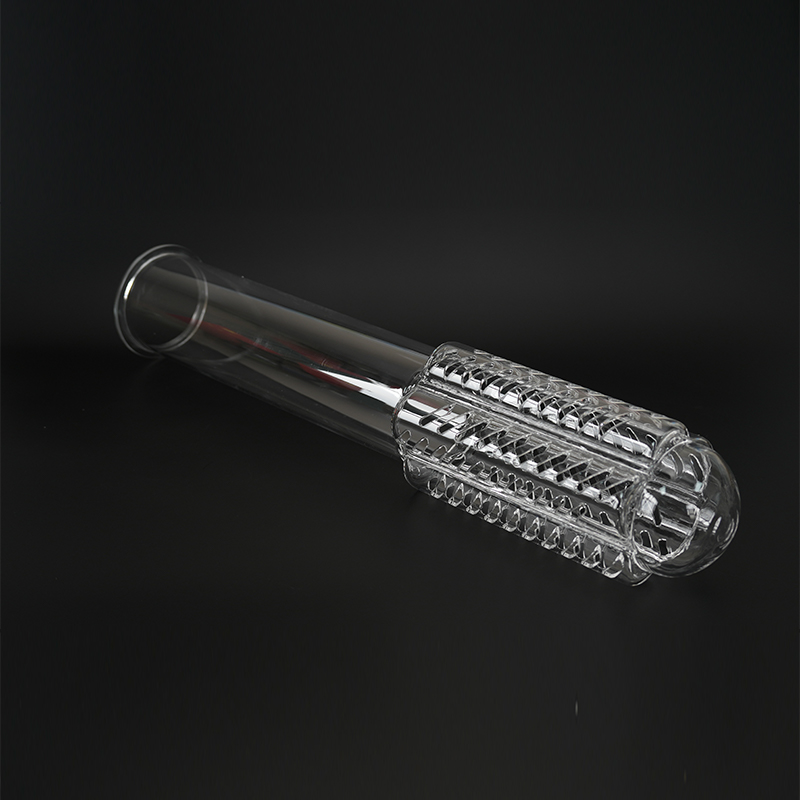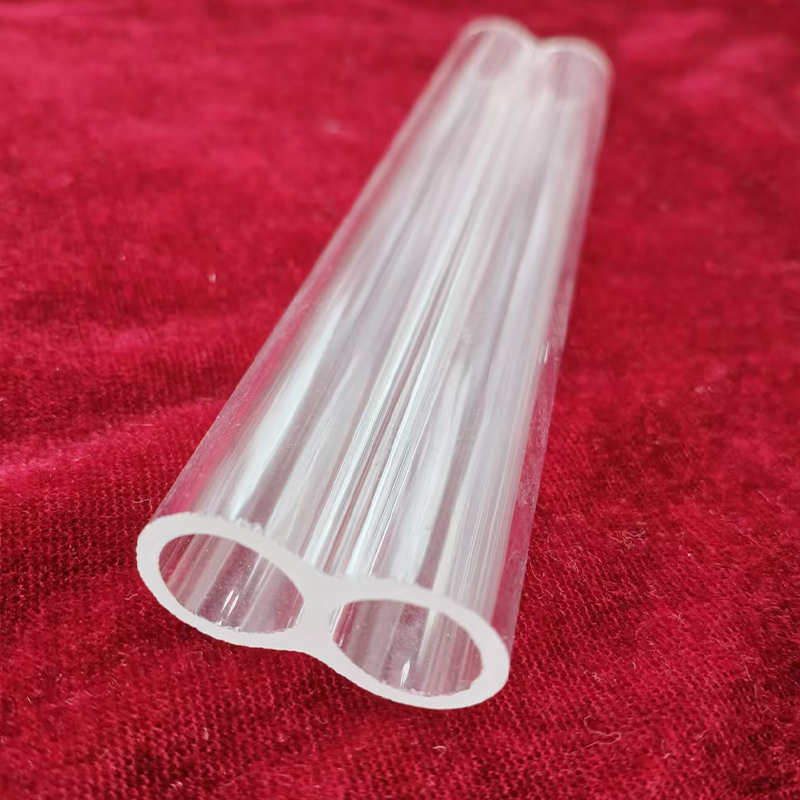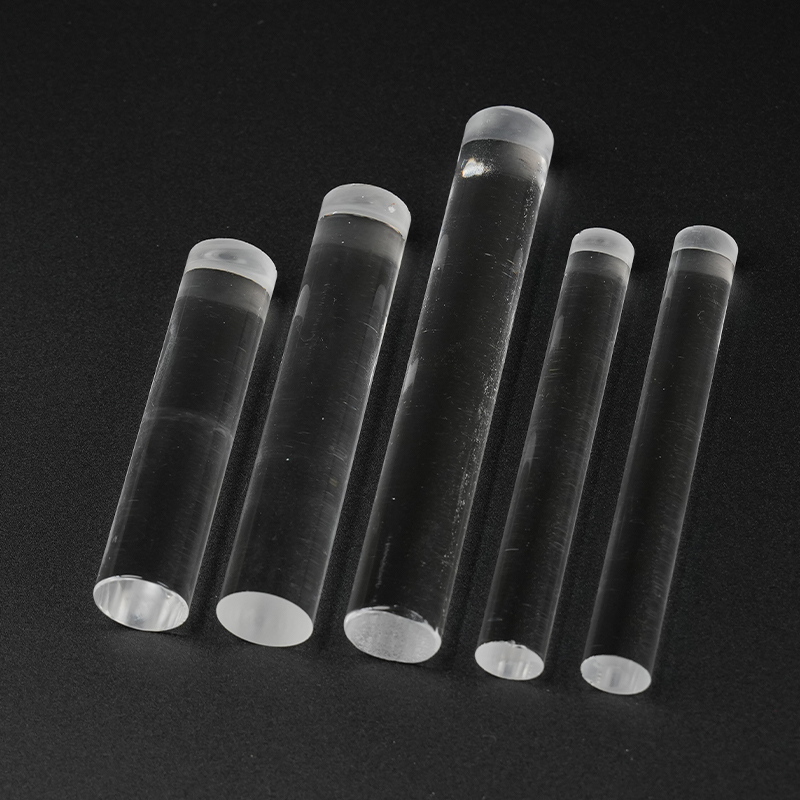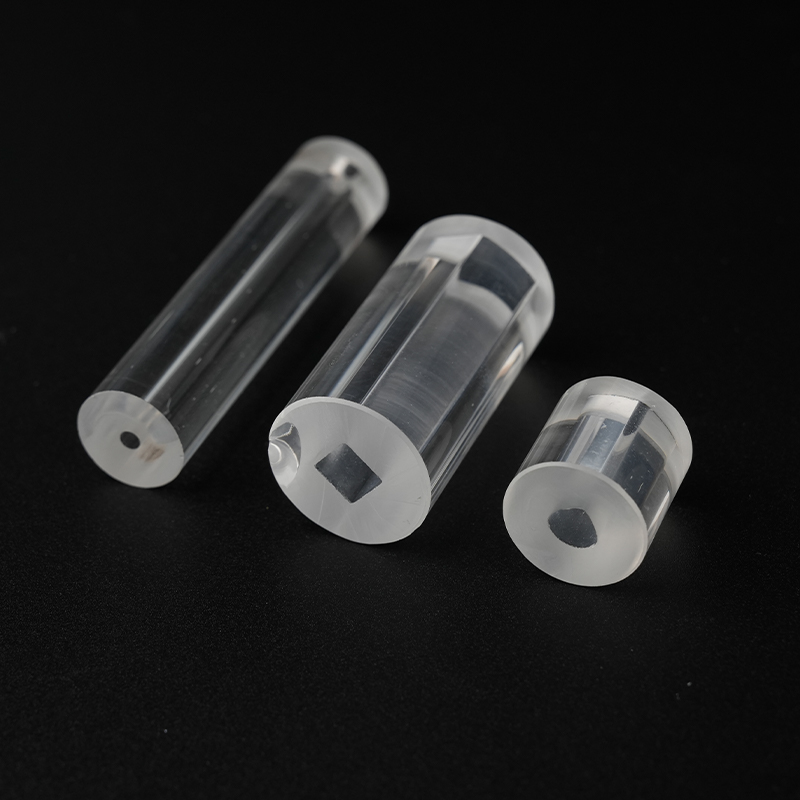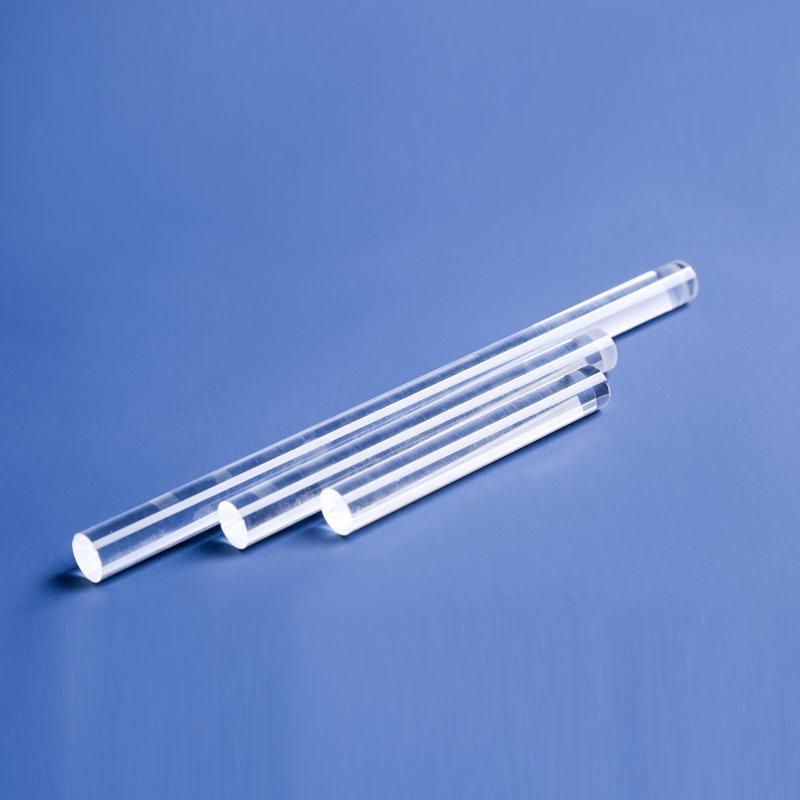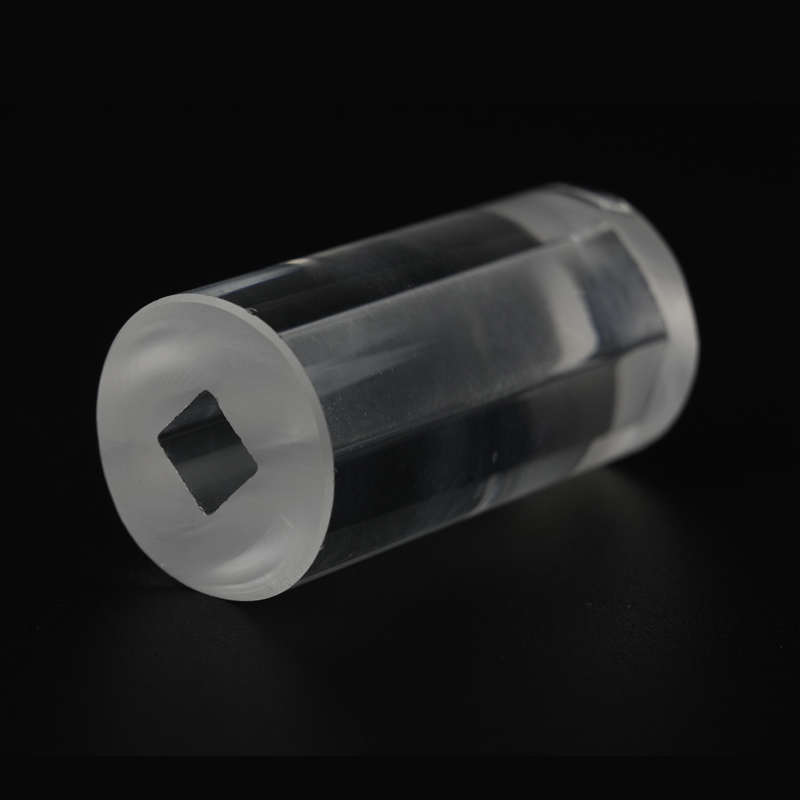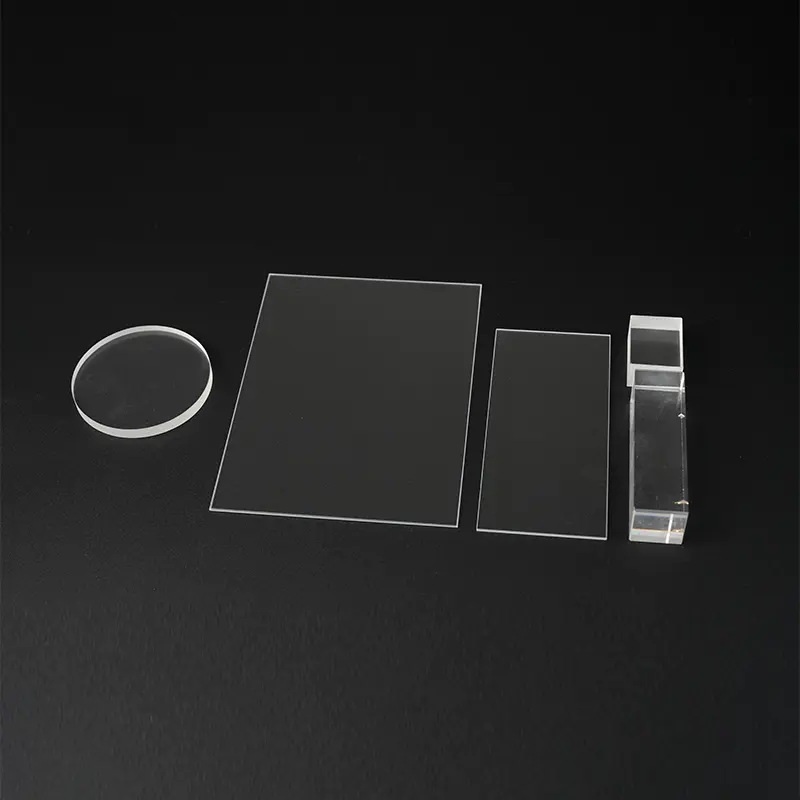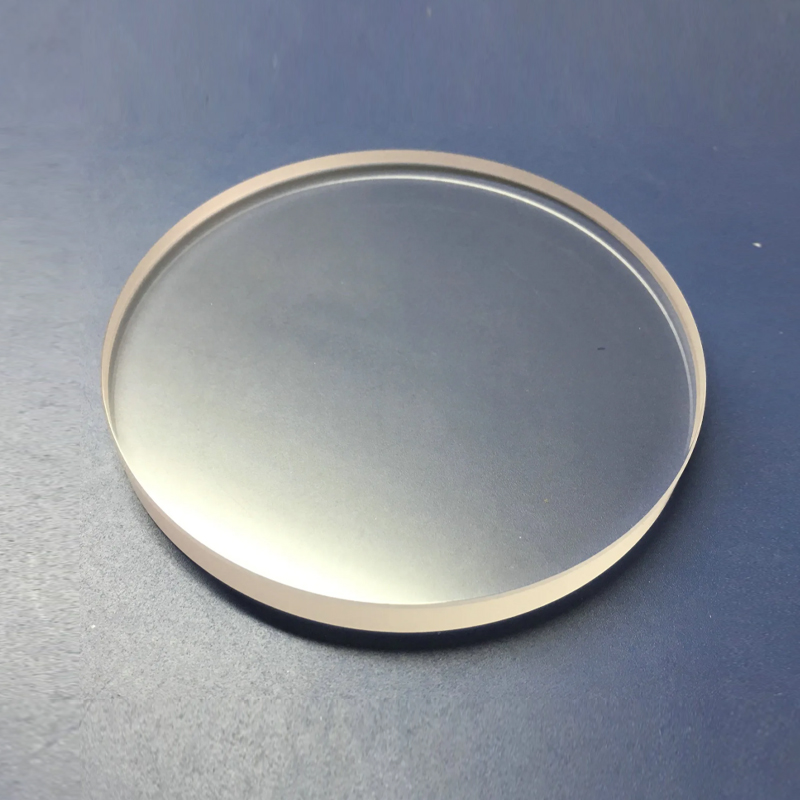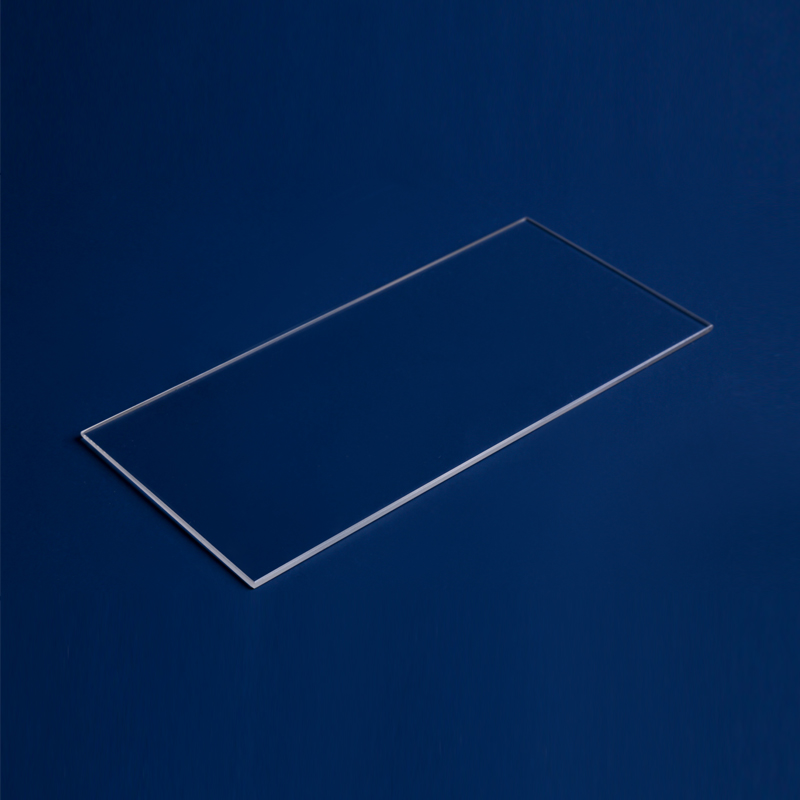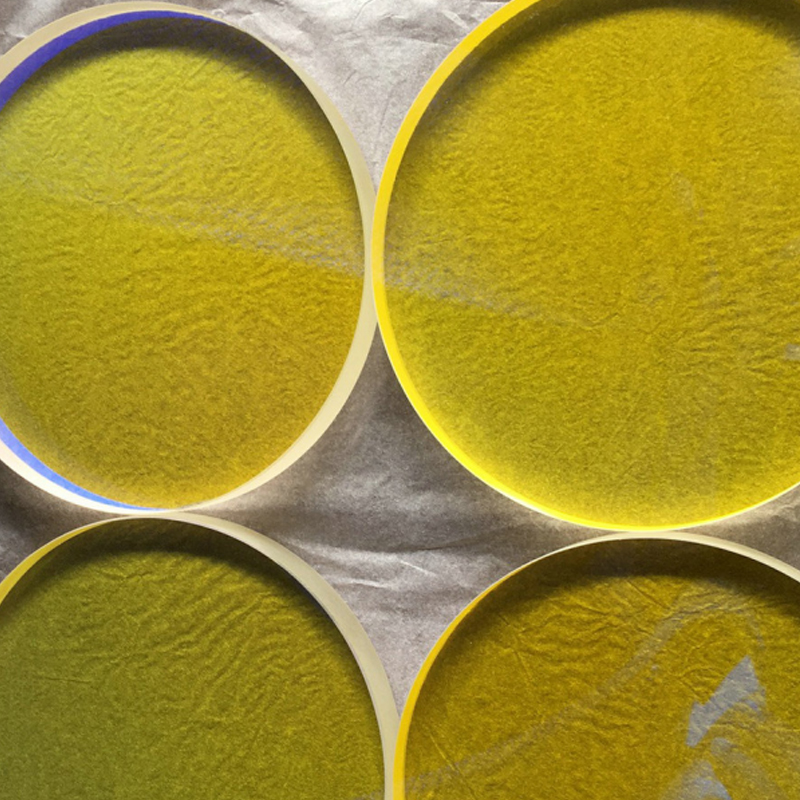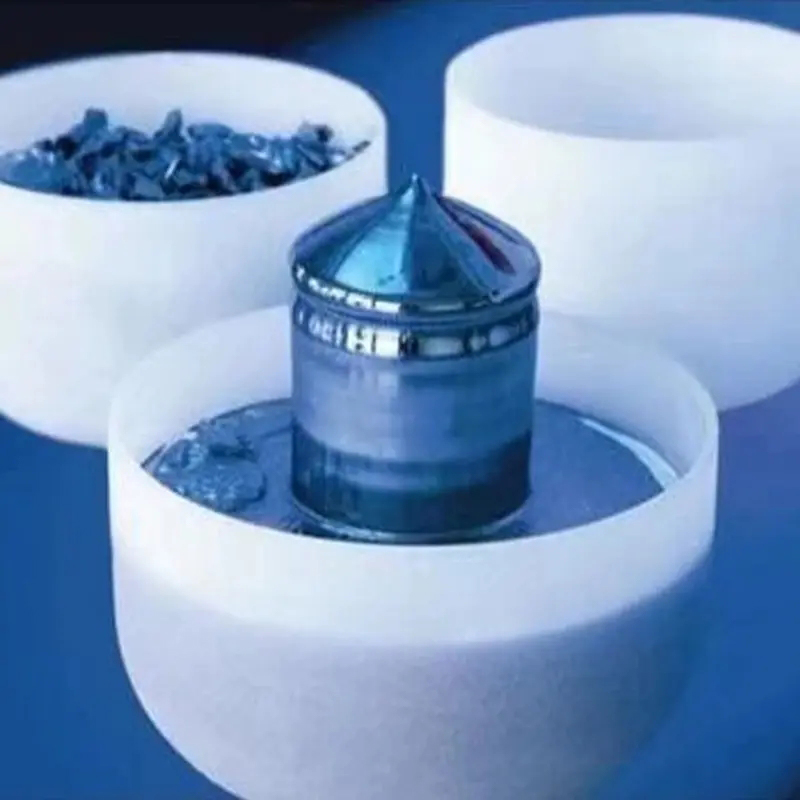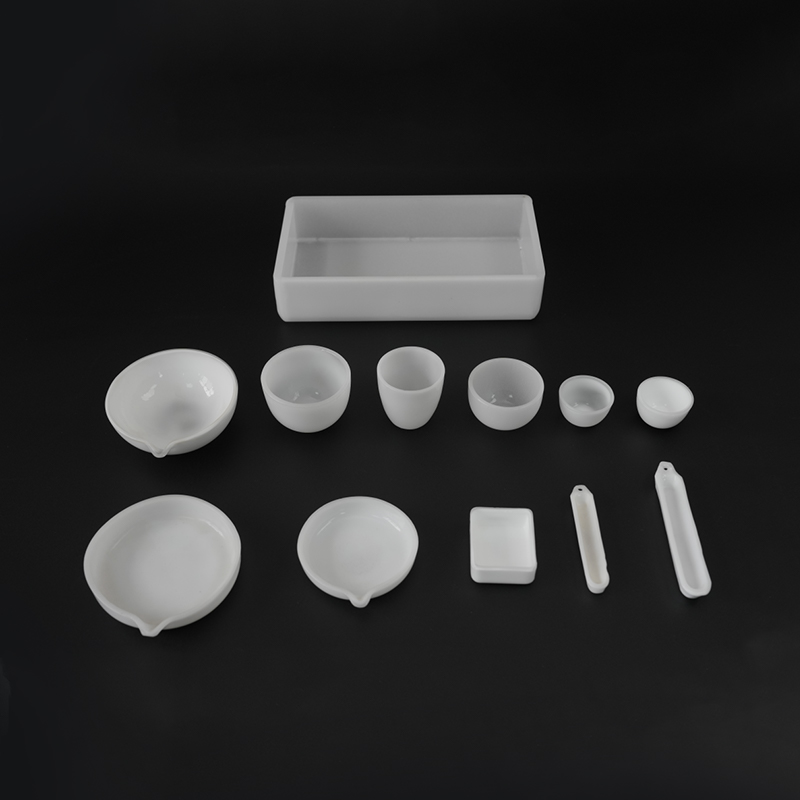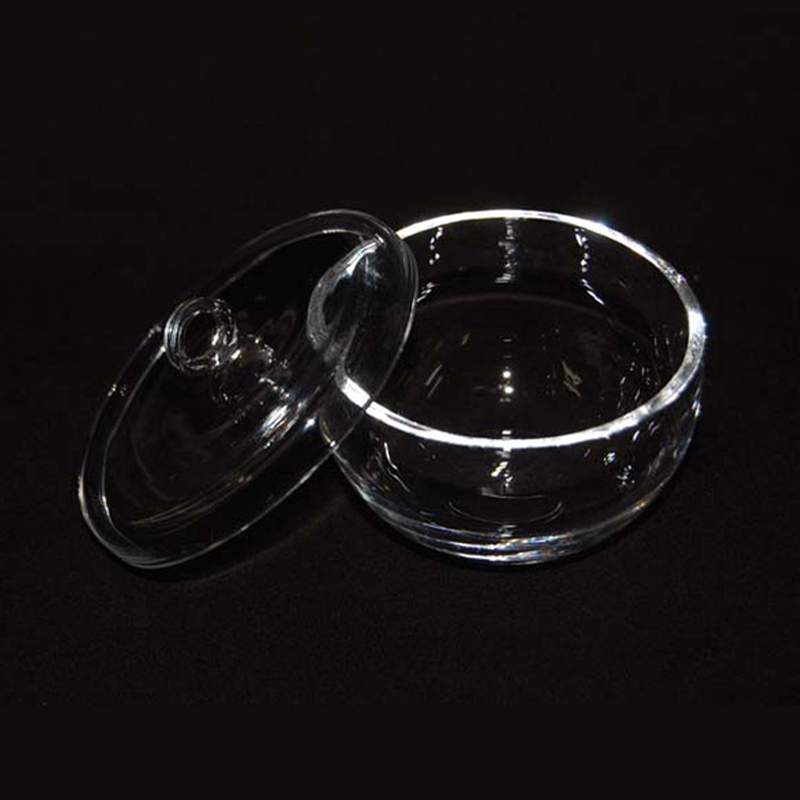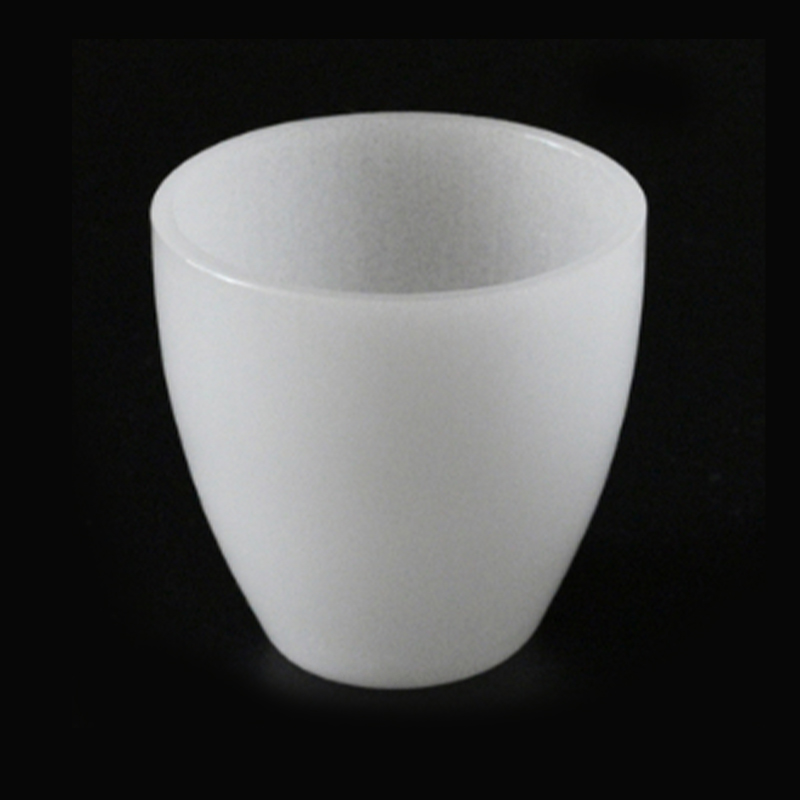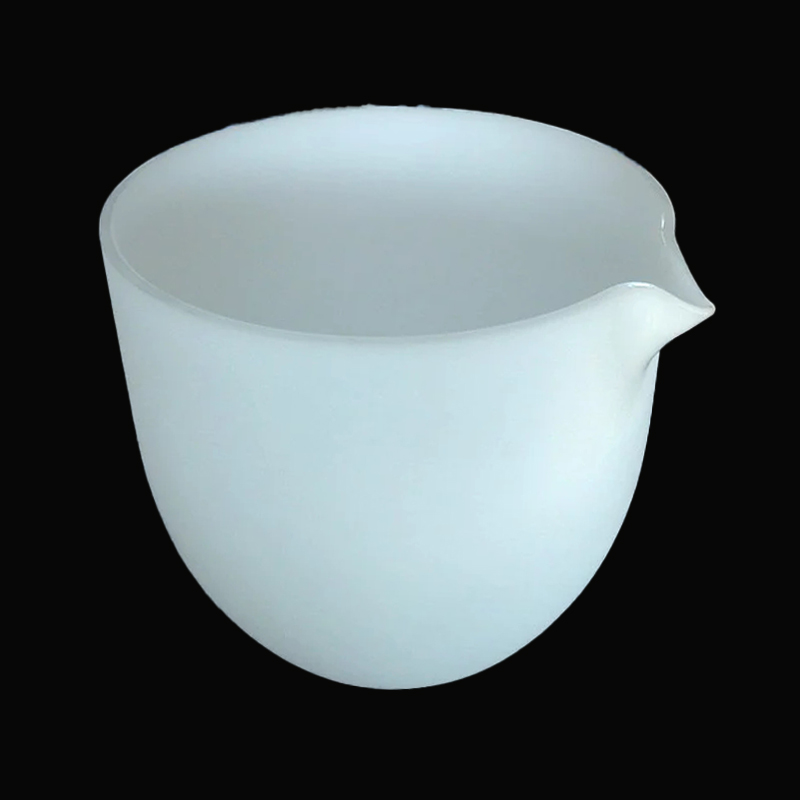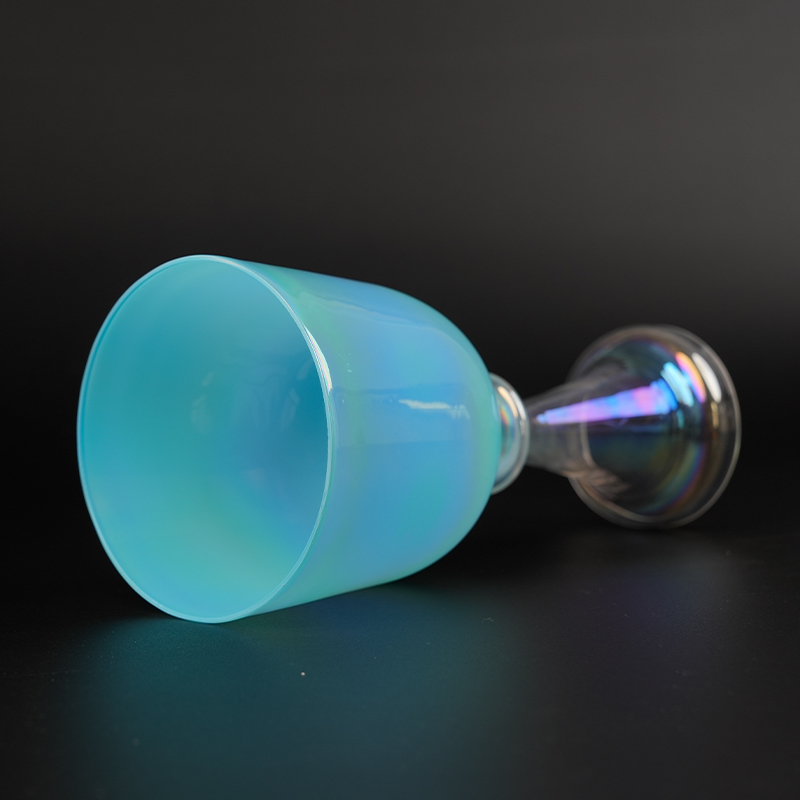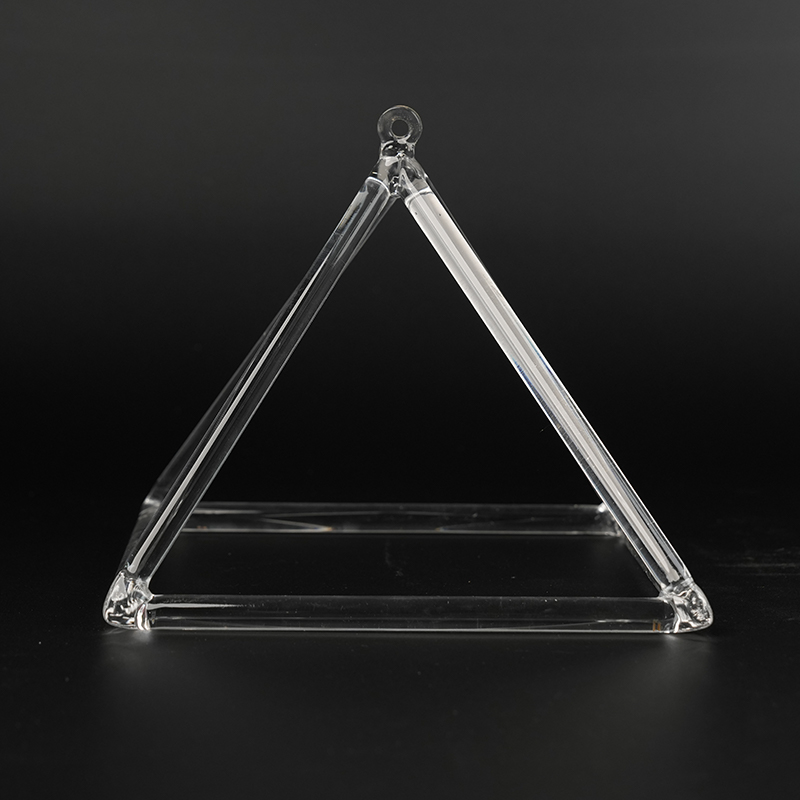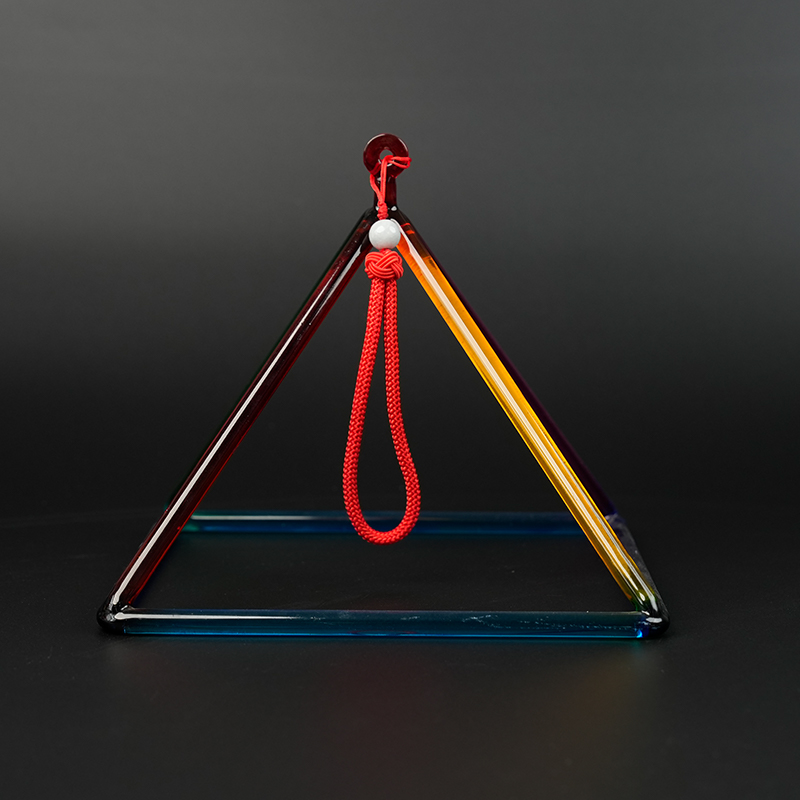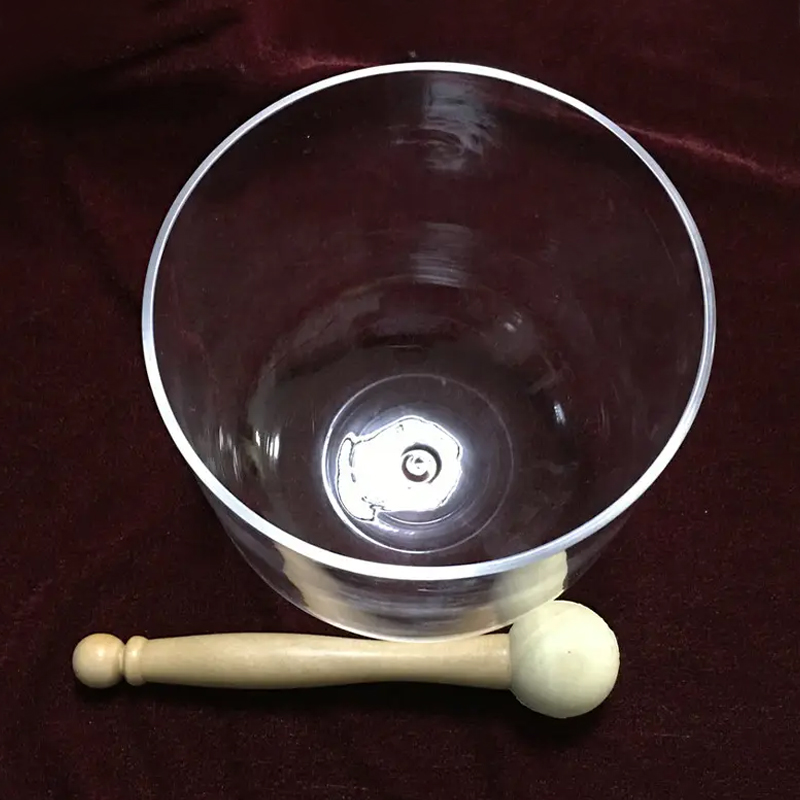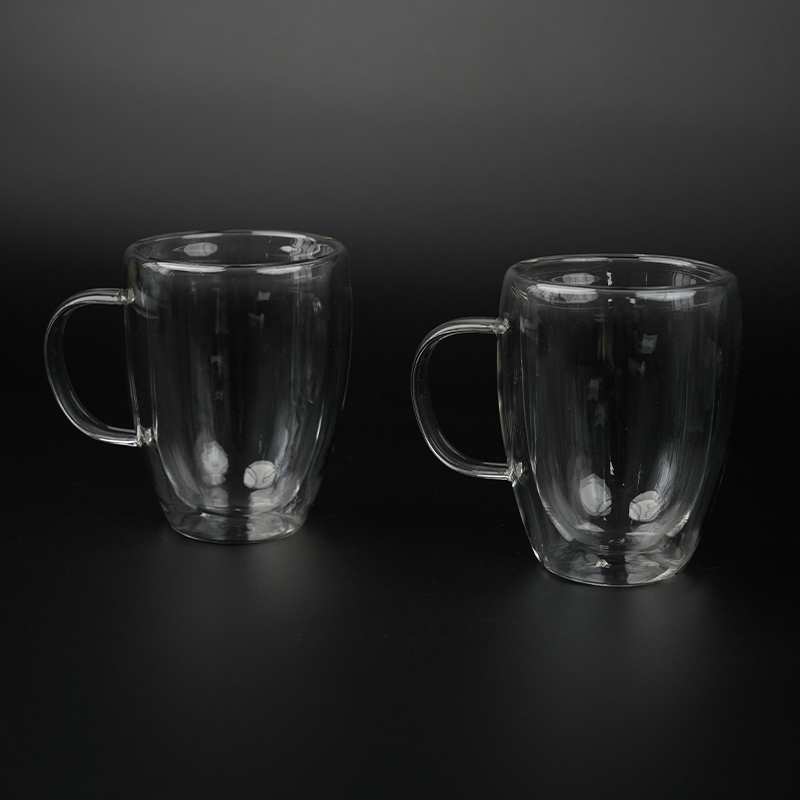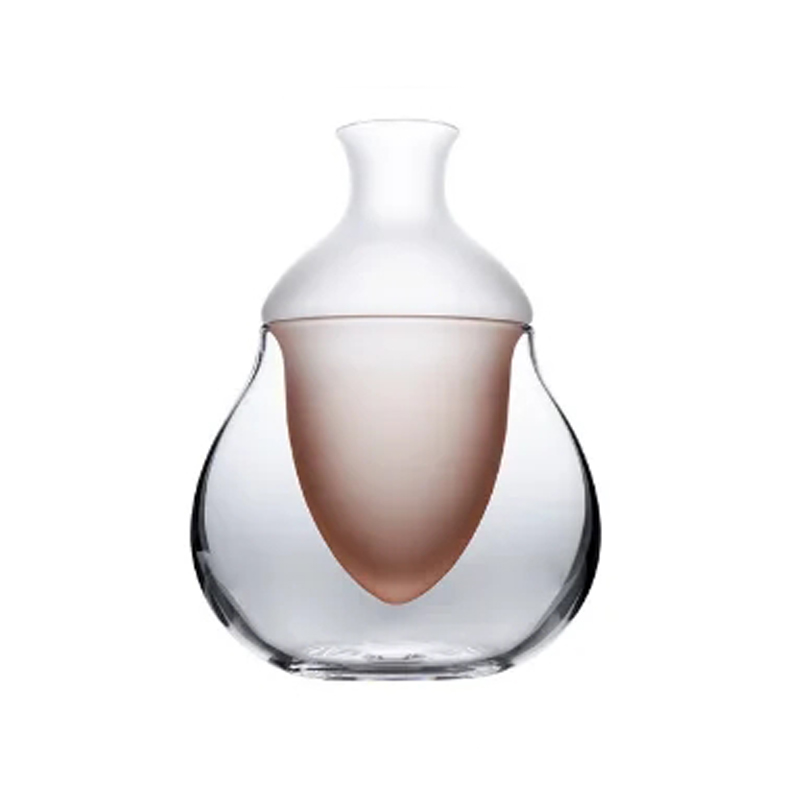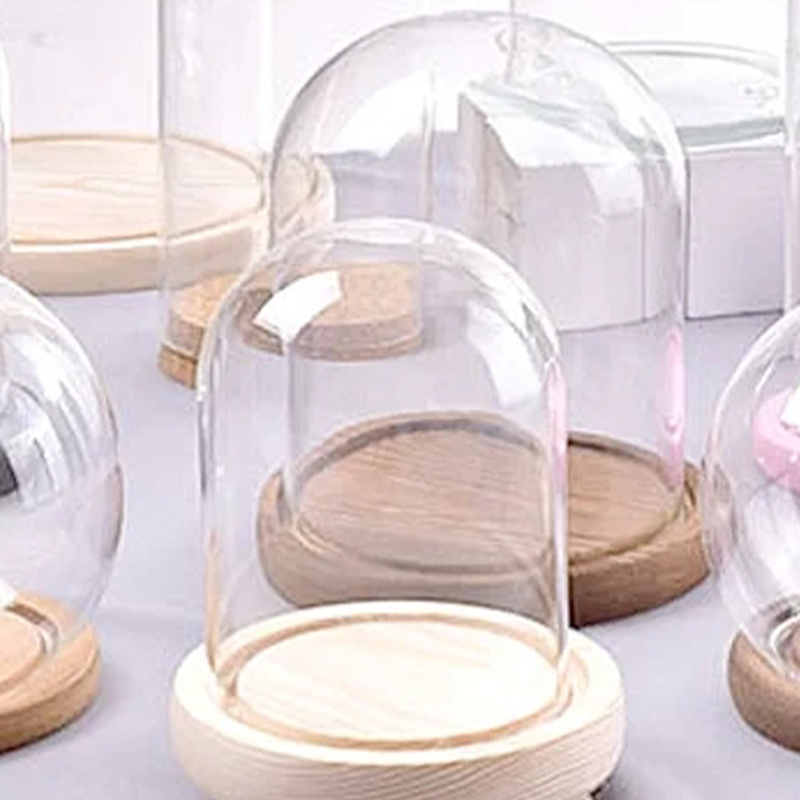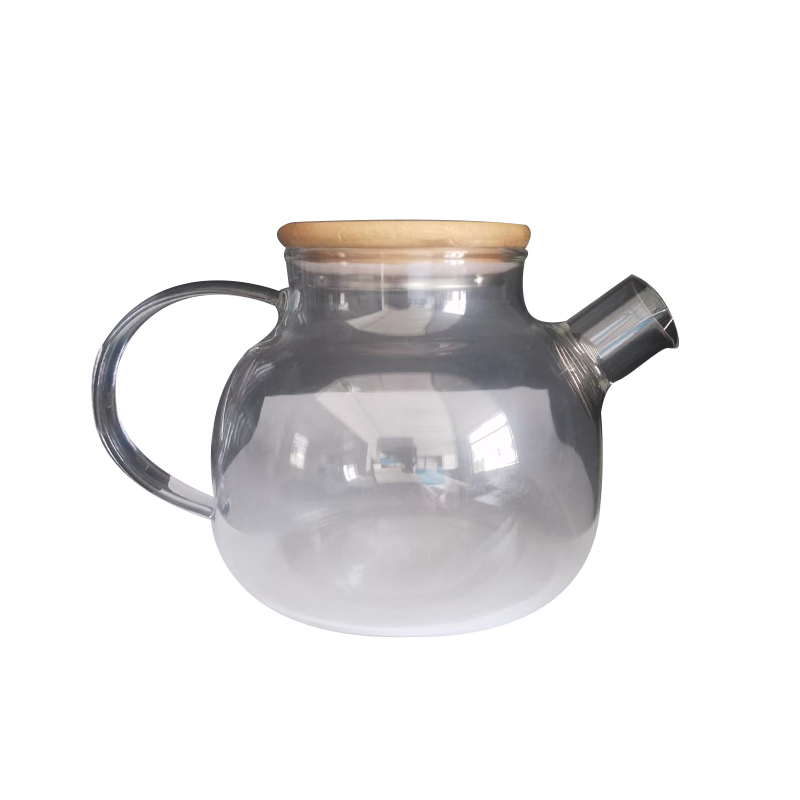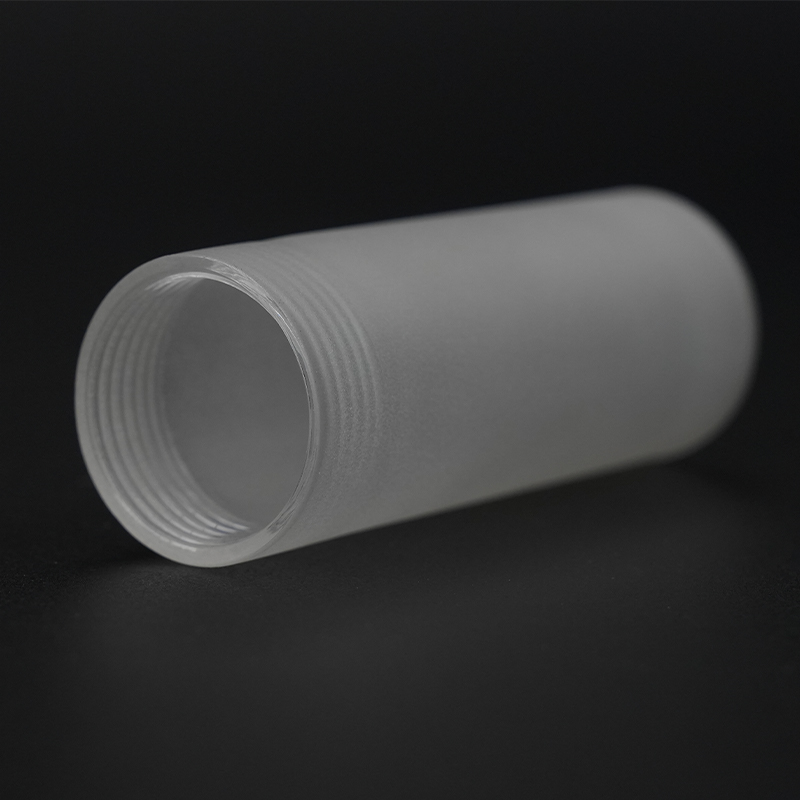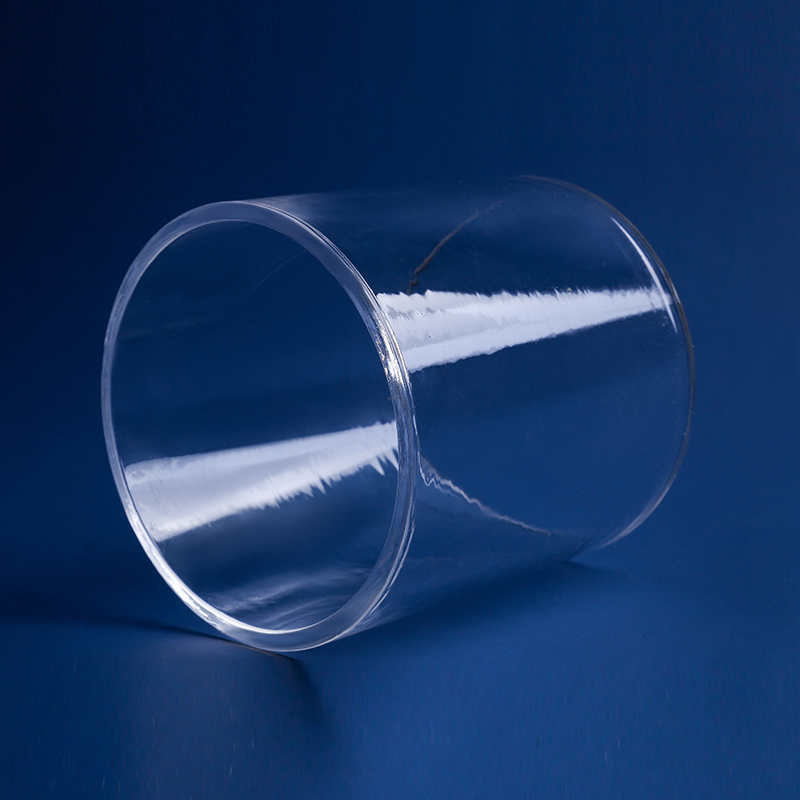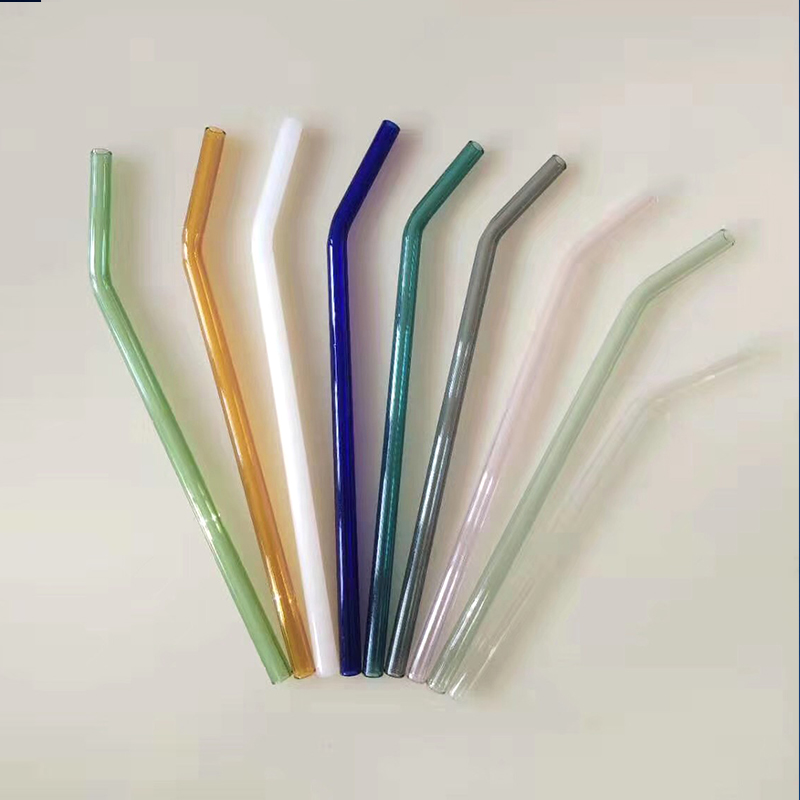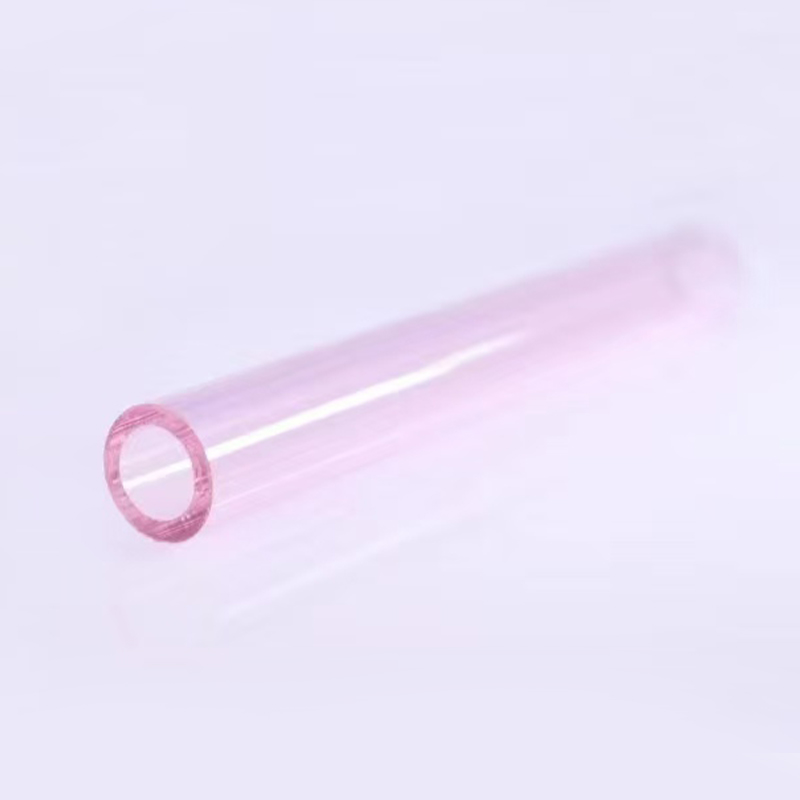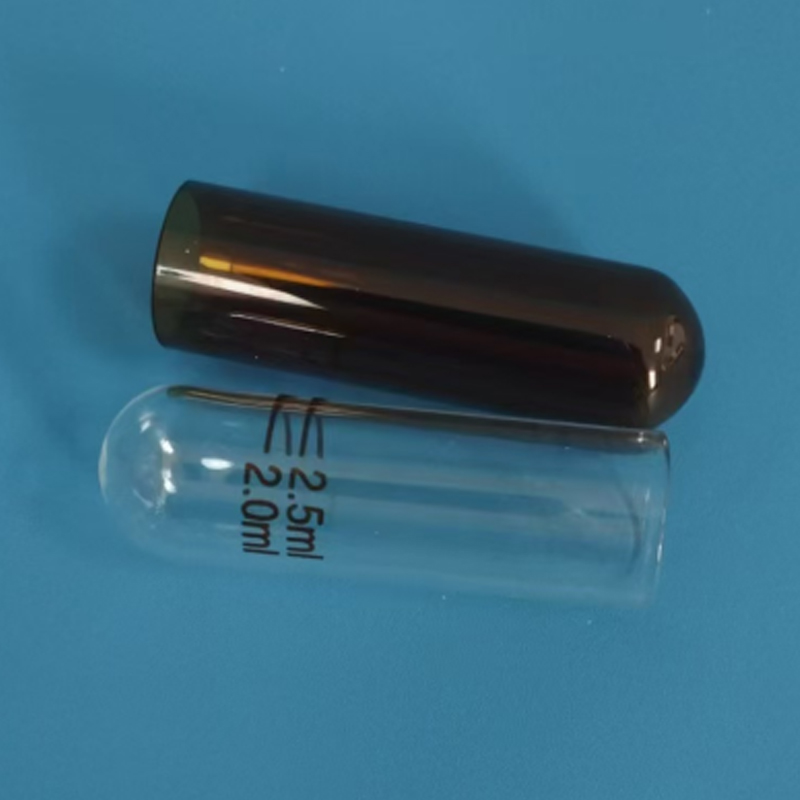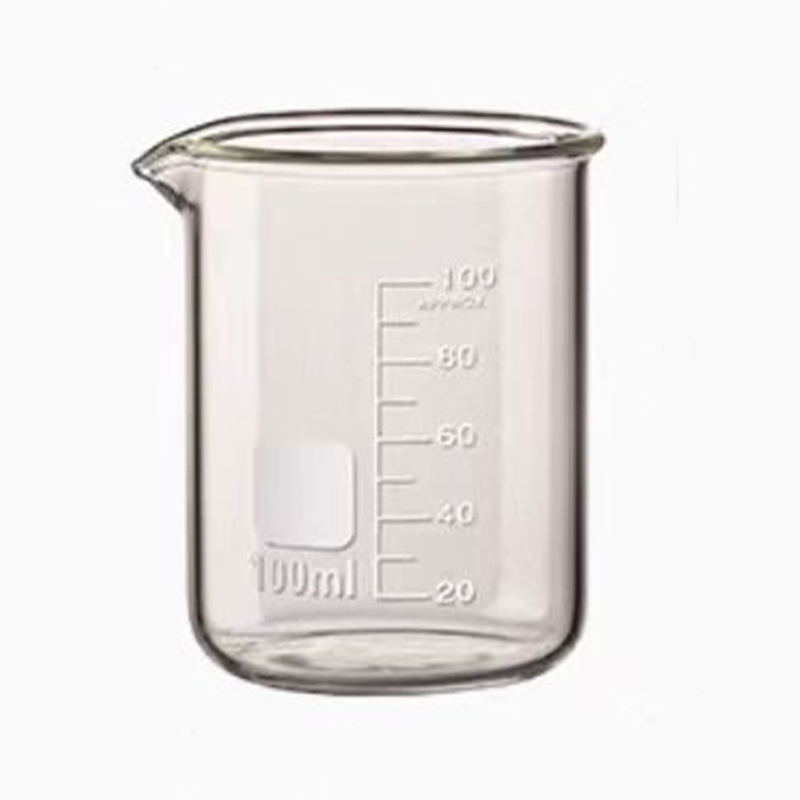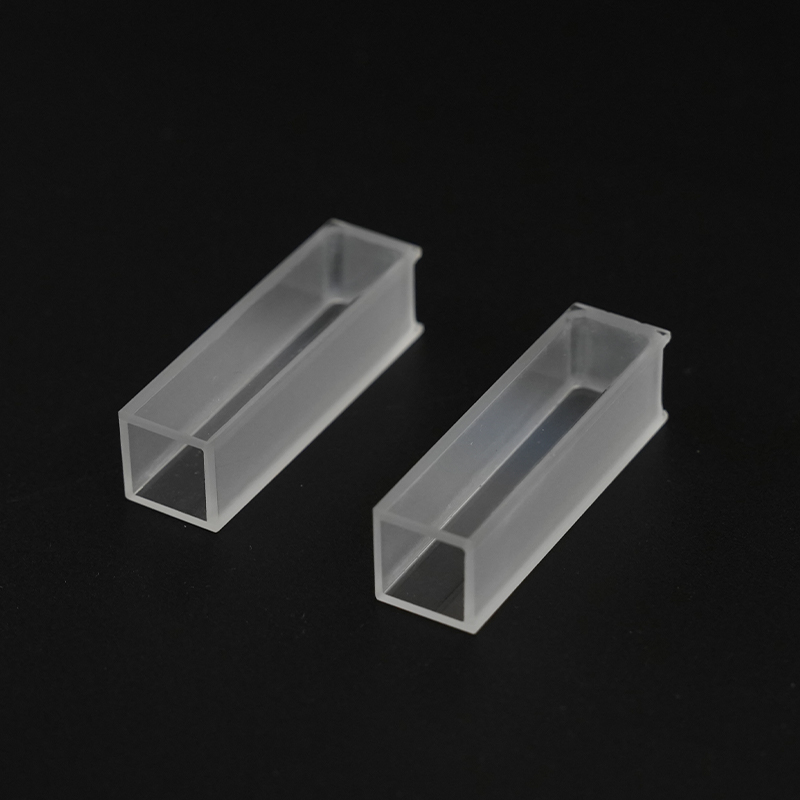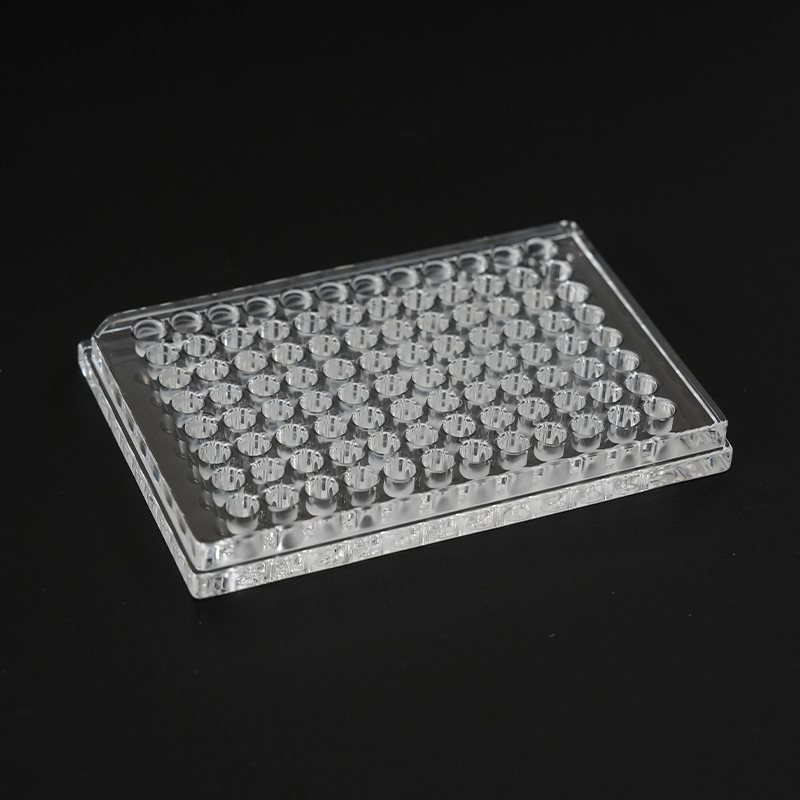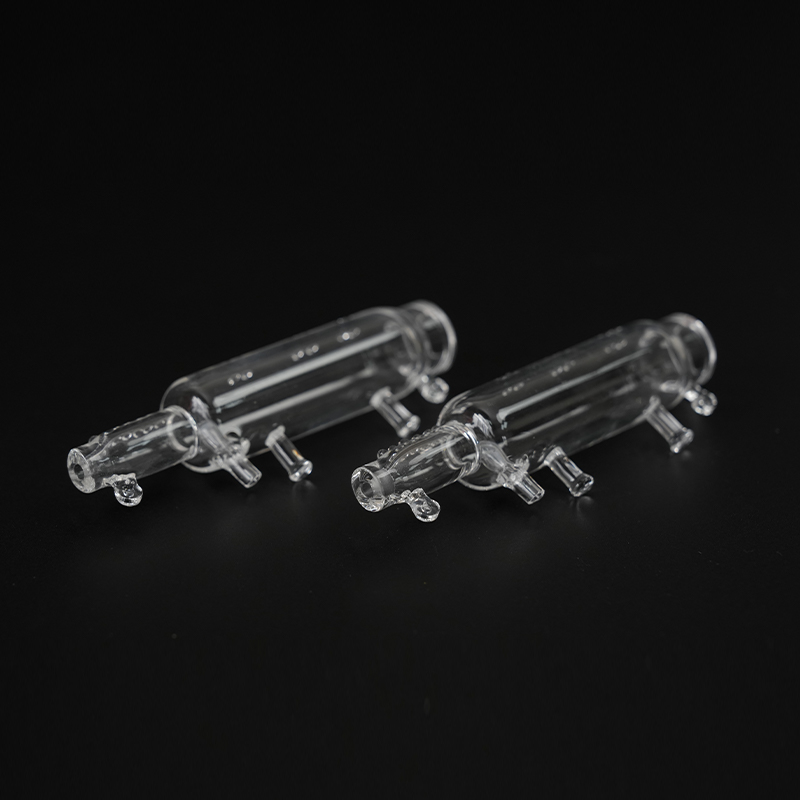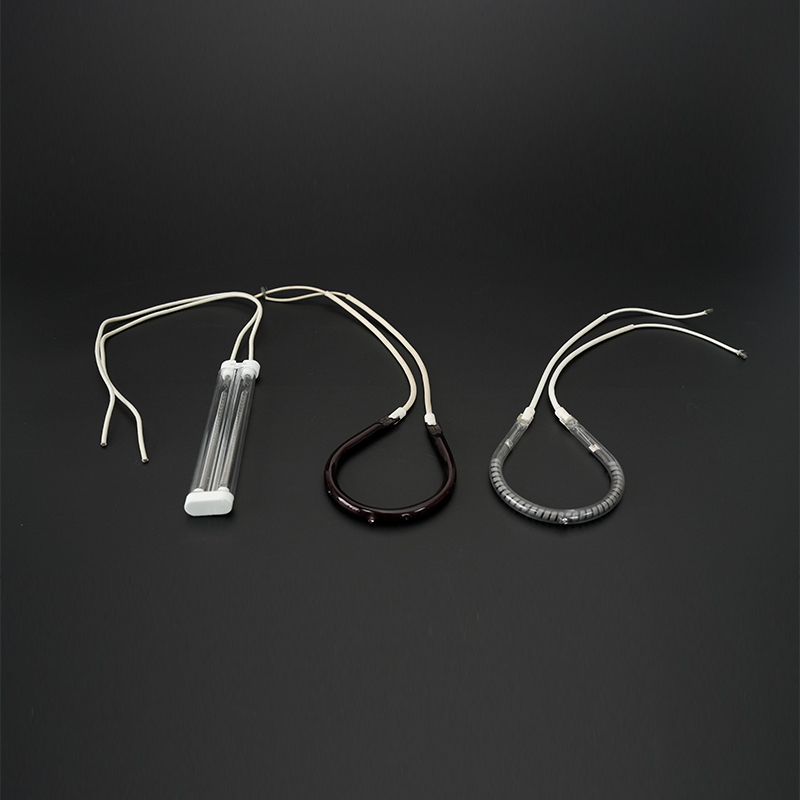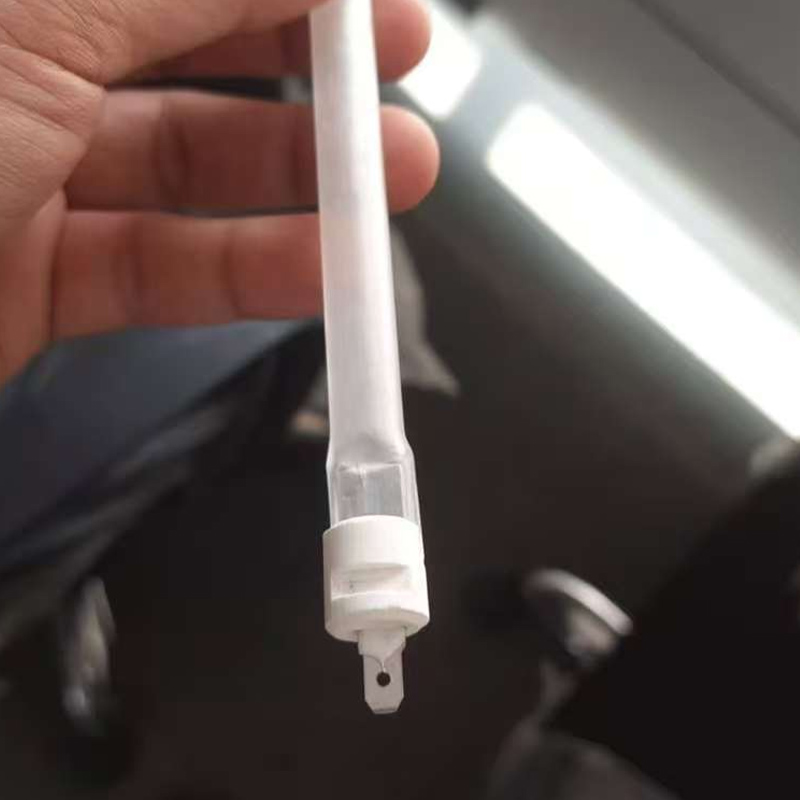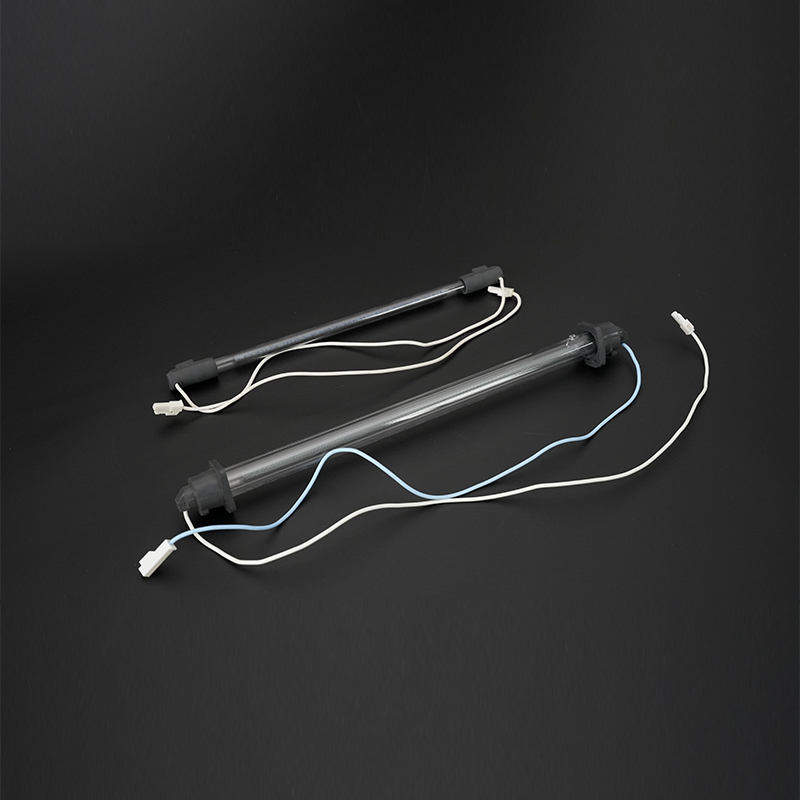If you need any help, please feel free to contact us
Web Menu
Product Search
Exit Menu
Is Quartz Glass Stronger Than Glass?
Quartz glass, a material crucial in many modern technologies, is often compared to the ordinary glass we see in daily life.
To understand the strength of quartz glass, we first need to understand its composition. While ordinary glass is primarily made by melting various substances, such as silicon dioxide, sodium oxide, and calcium oxide, quartz glass is composed almost entirely of pure silicon dioxide (SiO2). This high purity gives it a unique set of physical and chemical properties.
Content
1. Thermal Stability and High-Temperature Resistance
One of the most significant advantages of quartz glass over ordinary glass is its excellent heat resistance. Its very low coefficient of thermal expansion means it is less susceptible to cracking even under drastic temperature fluctuations. For example, when cooled suddenly from an extremely high temperature to room temperature, ordinary glass might shatter due to thermal stress, while quartz glass remains intact.
2. Mechanical Strength and Hardness
In terms of mechanical strength, quartz glass is generally harder than ordinary glass. Its Mohs hardness is approximately 5.5 to 6.5, while ordinary glass is approximately 5. This makes it more resistant to scratches and abrasion. However, this doesn't mean it won't break. While quartz glass will still shatter under high impact, its fracture toughness (its ability to resist crack propagation) is generally better than that of ordinary glass.
3. Chemical Stability
Due to its high purity, quartz glass has excellent chemical stability, resisting attack by most acids and bases. This makes it widely used in fields requiring high corrosion resistance, such as laboratory equipment, chemical piping, and semiconductor manufacturing.
Quartz glass surpasses ordinary glass in heat resistance, hardness, and chemical stability. Its "toughness" lies more in its excellent overall properties, particularly its ability to maintain stability in extreme environments. It may not be as indestructible as some alloys, but for applications requiring high purity, high temperature resistance, and high chemical stability, quartz glass is undoubtedly a more "tough" and reliable choice.
So, when you hear about quartz glass again, remember that its toughness is not simply about impact resistance; it reflects its ability to maintain performance under a variety of harsh conditions.
- Tel:
+86-0515-86223369
+86-15754187666 - WeChat:
+86-13485219766 - WhatsApp:
+86-13485219766 - E-mail:
[email protected]
[email protected] - Add:
NO.33,yuejinRoad,Science And Technology Pioneer Park,hengji Town,jiangsu county,yancheng city,jiangsu province,china 224763, China
Copyright © Yancheng Mingyang Quartz Products Co., Ltd. All Rights Reserved.
Wholesale Quartz Products Manufacturer Quartz Glass Factory
 +86-0515-86223369
+86-0515-86223369  en
en English
English 日本語
日本語 Español
Español